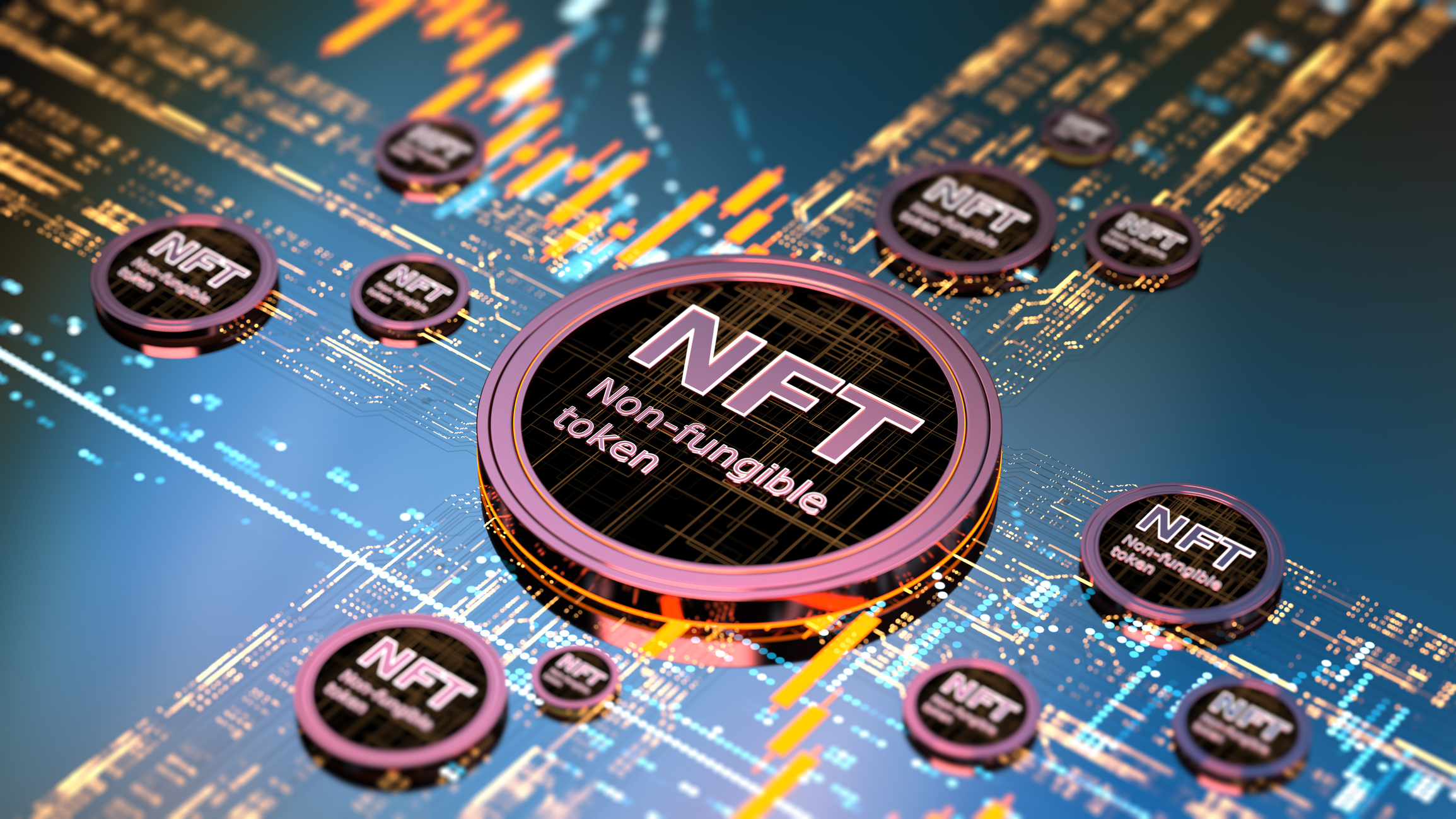
A reader explains exactly what NFTs are and why they’re a terrible idea for the environment and for video games.
There’s been a lot of stories about non-fungible tokens (NFTs) in relation to gaming recently, and thankfully there has been a lot of blowback, but there has also been a lot of ‘I don’t care, this won’t affect me personally’ and I felt compelled to correct that view, because it is 100% incorrect.
I’m not going to harp on about the environment (much) because I don’t think you care, and it’s been covered better elsewhere.
But rest assured, even without that (very important) aspect, NFTs are still bad for gaming and gamers (and everyone who uses consumer electronics at all).
Why listen to me, though? There are some gaps in my knowledge about this, despite spending days researching into it and having over a decade of professional experience when it comes to web technology and security (I suspect the difficulty in finding information, and the hiding of statistics is intentionally done to confuse people).
What is the blockchain?
The blockchain is essentially a list of text entries, a copy of which is on every computer on the network. This means that old entries cannot be altered, as the other users will have copies of the accurate data. The big ‘advantage’ of this is that it is decentralised – that is, the users control the data, not a single entity like an ‘evil’ bank.
Proof of work and proof of stake
New entries (blocks) are added to the list (chain) using a mechanism. Though there are many, the most popular chains (Bitcoin and Etherium) use proof of work.
Using this system, each computer on the network tries to solve a cryptographic puzzle (hence cryptocurrency) – the first one that solves the puzzle adds an entry to the list and gets a coin as a reward. If you are milliseconds from solving it and come second, you get nothing.
These puzzles are solved quicker using GPUs (graphical processing units) that are found on graphics cards and can be a very intensive process. So doing this uses up a significant amount of electricity and reduces the lifespan of the graphics cards involved. Also, the puzzles get more complicated over time, increasing the costs (this is an intentional aspect of the design).
This is a bit like Folding@home, but rather than trying to cure cancer, it generates coins.
Proof of stake is what Etherium promises it will move to (as it has been promising for roughly a decade. The principle is the same but rather than every computer solving the puzzles, instead a small handful are selected via a lottery. The more you stake (pay) the more likely you are to be selected. This means the overall impact is less, but further emphasises that it’s just rich people making themselves richer.
Green chains
There are multiple blockchains that claim to be ‘environmentally friendly’, much like Ubisoft’s implementation, but if you do any digging at all, it seems that basically they bundle up and store a number of transactions, then stick them on the Etherium chain; though this would mean it is a bit better, it’s still not good. A bit like boasting that you drive an electric car… onto the back of a 30-year-old lorry, which you drive to work.
NFTs
That’s all well and good, but what is an NFT? Despite what evangelists claim, it is not a piece of media. It is a text file, which includes a URL to the media which you ‘own’ (note: you don’t actually own it at all). This removes the advantage of being decentralised, as it now means the thing you want is stored on the computers controlled by a single entity. If they want, they can move the image to a different URL, or shut down the servers. But you’ll keep your now worthless receipt.
Some chains are trying to allow the NFT to actually store the media, but keep in mind that all users of the network have copies of all of the data on the chain – what if someone were to upload a 4K film? Every user now has an extra 65GB or whatever taking up space for something they might not even want (and it would continually increase in size, every second).
Why are they so popular then? It’s a big scam (according to the man who invented them). It is a pyramid scheme, it is a gold brick scam and a pig in the poke scheme – one so old it even predates the word bag!
What does this mean for gamers?
Who cares, right? Let the scammers scam each other, right? Who cares that a rich idiot wants to spend their money on an image generated by an algorithm? It won’t affect me as a gamer.
I’m afraid it will. This isn’t about the environment (although they are killing it, which is bad).
This isn’t even about game design, which it will change – it would have to. How else are you going to carry your skin (or rather the metadata for it) from one Ubisoft game to another? Unifying that behaviour across disparate games and engines will be a nightmare.
This is about the GPUs.
Remember how it was really hard to find PlayStation 5s due to a semiconductor shortage? Because the graphics cards are being bought up for use in crypto farms?
Imagine a future where you cannot buy the next console and game companies can’t even get devkits, because of this insane nonsense? Where you can’t get a new phone (which some of us require for our jobs)?
Why are games companies pushing it?
I think there’s a few reasons:
1) It’s a buzzword, and buzzwords mean more rich idiots will invest in the company.
2) It puts the burden onto the users – if the data for the skin is stored entirely in the NFT and game files (I’m giving Ubi far too much of the benefit of the doubt here) it means that the database isn’t maintained by Ubisoft (even though that would be much cheaper and better for the environment) but instead by the users, so you will be storing the data you don’t care about inefficiently.
3) It allows for laziness – though the games company could take a cut of each sale through their own system, they can also do so through these existing systems, without having to spend any effort.
4) Perhaps the executives pushing for this are just idiots who don’t understand the technology? The blowback from Ubisoft’s developers against it shows that the devs understand how stupid this is. It’s the people at the top pushing it.
Summary
NFTs, if implemented into gaming, will change it for the worse. If they are implemented into services we use they will become normalised and be given an unearned sense of legitimacy.
They are bad for the environment. They are bad for the economy. They are self-defeating. They are stupid. They are a scam. They are worthless. They are a waste of resources, and only make the world a worse place to live.
So please, vote with your wallets, and say ‘No Flipping Thanks’ to this idiocy.
By reader Joseph Dowland
The reader’s feature does not necessary represent the views of GameCentral or Metro.
You can submit your own 500 to 600-word reader feature at any time, which if used will be published in the next appropriate weekend slot. As always, email gamecentral@ukmetro.co.uk and follow us on Twitter.
MORE : The Last Of Us voice actor supports NFT scheme that will put him out of a job
MORE : Sega backpedals on NFTs but GameStop announces dedicated marketplace
MORE : Konami make themselves even more unpopular with Castlevania NFTs
Follow Metro Gaming on Twitter and email us at gamecentral@metro.co.uk
For more stories like this, check our Gaming page.
